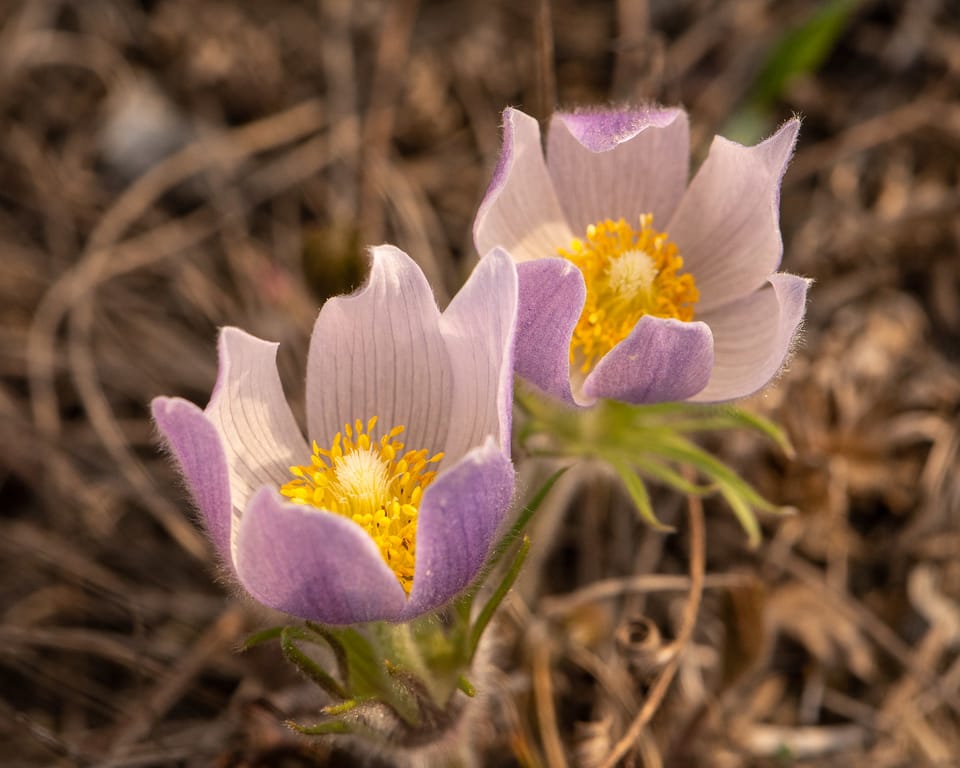EcoWest News, April 8, 2025

Welcome to EcoWest News, a weekly round-up of news and resources that you can put to use in addressing environmental issues and protecting the wild in your community.
Across the West
Industrial electricity demand in BC is set to double due to large industrial megaprojects. The cost could be passed on to residential users and taxpayers. [The Narwhal]
A researcher in Alberta hopes to be able to replace the peat used for horticulture with a renewable by-product of agriculture and forestry in order to leave carbon-storing peatlands intact. [NAIT]
A Winnipeg school division hopes to shift “student fear and helplessness to hope and collective responsibility” through the development of a climate action plan for the division. Schools already have climate action leaders and half have student-led environmental groups. [Winnipeg Free Press]
An environmental spokesperson points out the many ways in which Manitoba could integrate clean energy and low-carbon industries into its stimulus spending plans. [Winnipeg Free Press]
Across Canada
Interprovincial planning to coordinate and connect provincial electricity grids would result in a resilient, more affordable energy system for all Canadians. [The Energy Mix]
Cuts to Parks Canada funding put at risk new park acquisitions, the Indigenous Guardians’ program, and public services. [National Observer]
Around the World
“Energy efficiency is crucial for the energy transition: it eases energy security concerns, reduces costs, increases economic competitiveness and the affordability of electricity, and reduces the need for grid investments.” [RMI]
Increased consumption of pharmaceuticals has led to a rapid increase in emissions. In addition, 3-50% of medicines go to waste due to expired stockpiles, unnecessary prescriptions, and large package sizes. [Anthropocene]
Should we be concerned about the clouds of microplastics released when children squeeze stuffed toys? The science about microplastics is new and unproven, but there are grounds for concern. [Lloyd Alter]
Cities are beginning to abandon mandatory parking minimums for high-rise apartment buildings. Removing a level of parking reduces a building’s emissions by 15% and makes housing more affordable. [CBC]
Biodiversity
Tidal swamps, mudflats, and eelgrass meadows play an important role in storing carbon. The wetlands buffer the impacts of flooding and storm surging, while eelgrass meadows filter pollution and serve as fish nurseries. [Capital Daily]
The UK National Association for Environmental Education has initiated a year of environmental lunacy to encourage youth to slow down and pay closer attention to the natural world, prompted by the phases and monthly cycles of the moon. [NAEE]
“Seed production is a high risk, high reward strategy for plants.” Despite the odds some seeds do manage to germinate, but let’s spare a thought for the ones that don’t. [Prairie Ecologist]
Making a Difference
The Lake Cowichan community on Vancouver Island is banning the sale of sunscreens containing nanoparticles out of concern that the residue they leave in the water is harmful to the marine environment. "We realize that people can bring in sunscreens from other areas and use those, but this is the first step to a bigger picture." [CBC]
The UK’s new publicly owned energy company plans to install rooftop solar panels on schools and hospitals. [The Energy Mix]
San Diego is swapping a block-long parking lane for a kid-friendly mini park. [Planetizen]
DIY
Track light pollution in your community by joining Globe at Night, an international citizen science project measuring night sky brightness. [Globe at Night]
Nature’s Wonders
Three surprising facts about the Earth: it has a bulging waistline, it recycles, and sometimes north is south and vice versa. [USask]
From beavers and prairie dogs to elephants and pangolins, animals play an important role in restoring land and preventing wildfires. [bioGraphic]
Photo credit: https://www.flickr.com/photos/apmckinlay/47609627522
EcoFriendly West informs and encourages initiatives that support Western Canada’s natural environment through its online publication and the Nature Companion website/app. Like us on Facebook, follow us on BlueSky, X, and Mastodon, or subscribe by email.

Member discussion